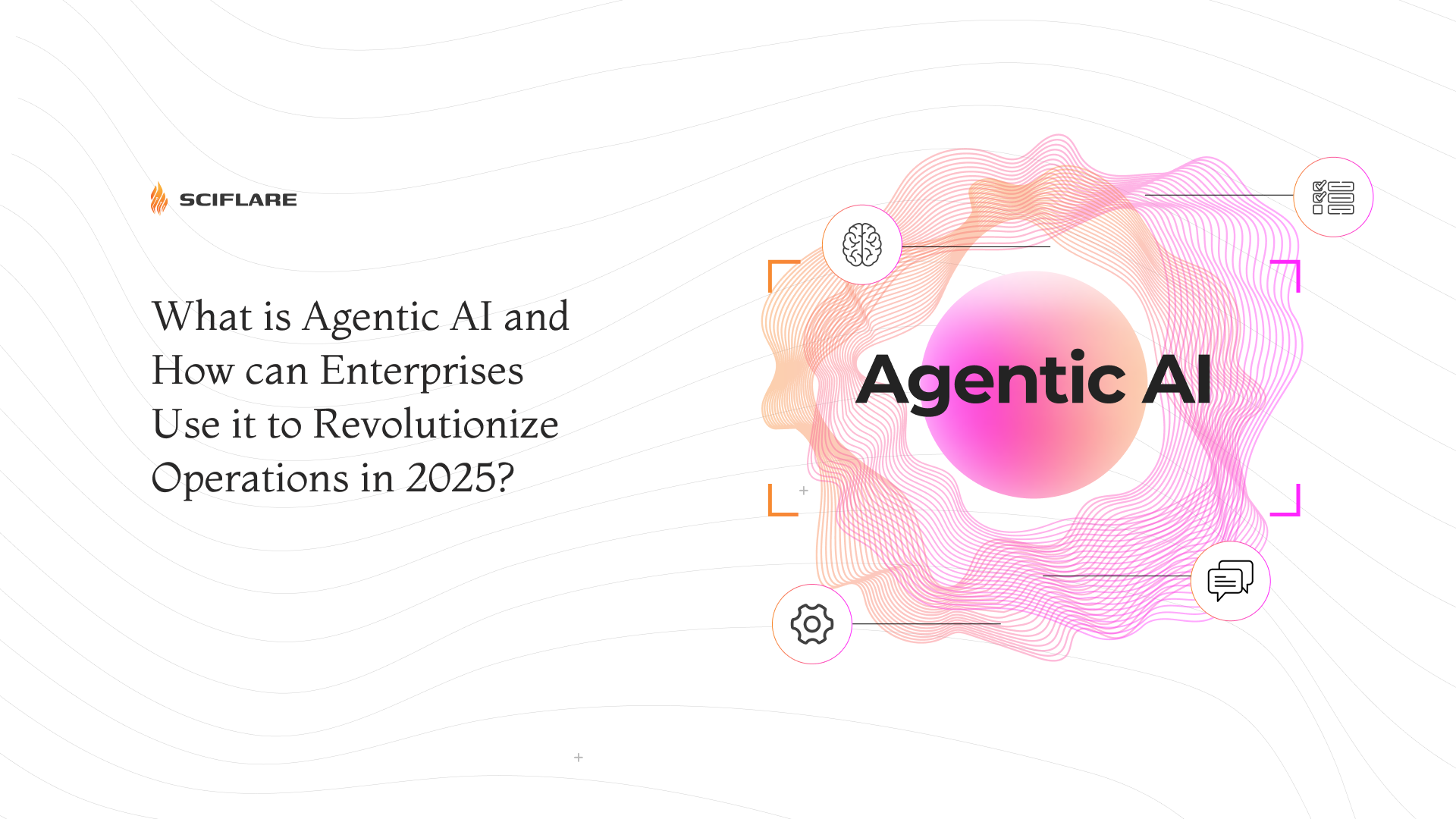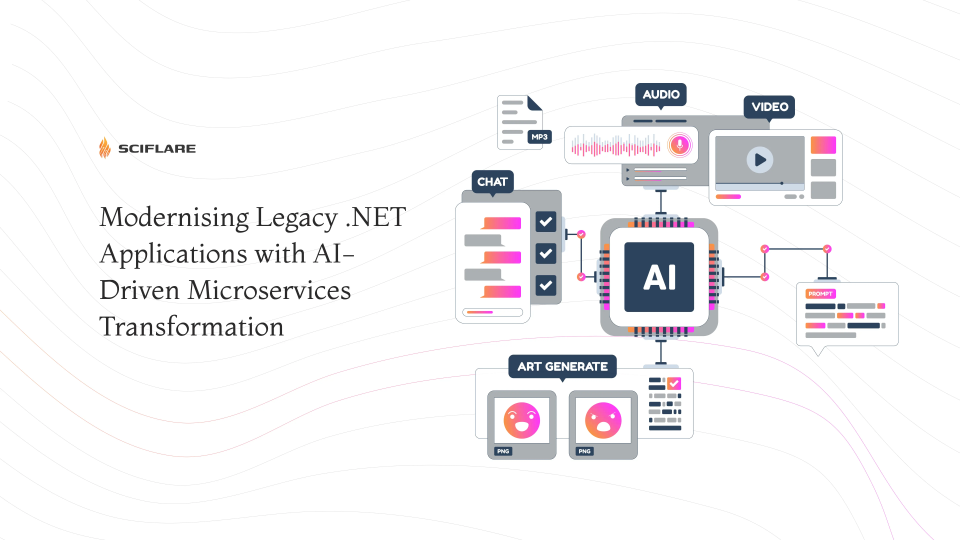Quick summary
The Android app development market size is extensive with 1.5 million apps on the Google Play Store as of 2025.
Android has maintained its consistent position in the OS and smartphone market from 2009-2025.
Android occupies a higher market share of over 71%, as compared to iOS, which has a market share of approximately 28%.
Android’s specific benefits for startups make it a growth asset and smart investment with higher ROI potential.
Introduction
As of March 2025, there are 1.54 million apps on the Google Play Store, according to Android statistics published by AppBrain↗. The Android vs iOS market share report by Statista↗ covering statistics for global OS usage from 2009-2025 mentions that Android “maintained its position as the leading operating system worldwide in the first quarter of 2025 with a market share of about 71.88%.” The iOS market share in the same period was 27.65%. In addition to the vast market, Android fuels business growth for startups with its overall ecosystem facilitating development efficiency, seamless digital experiences, and greater user engagement. Read our blog to find out how!
10 Advantages Of Android App Development For Startups
In an age where digital presence and experience play a crucial role in determining startup success, Android mobile app development offers the following benefits:
1\. Established User Base
The Business of Apps report mentions that there are approximately 3.5 billion active Android users as of 2025. Startups looking to launch their apps or upgrade their websites to mobile apps already have a well-established user base for distribution and reaching users. Investing in custom Android app development↗ can help startups cater to the unique demands of this diverse user base and create value through endless possibilities across industries.
2\. Greater ROI
One of the major Android app development benefits for startups is the greater return on investment with the wide target market of Android users (3.5 billion active users as of 2025), who can instantly access the app once it is published on the Play Store, irrespective of the hardware device they use. Android’s greater market share translates to higher ROI with a wide user base and significant in-app purchases, forming one of the major Android app monetization strategies.
3\. Open-Source Platform
If you are looking to get an app for your business, you can significantly cut down on your development costs by using Android because it is an open-source platform with no Google fee for using it. Startups can access the Android Software Development Kit (SDK) for free and leverage this cost efficiency to reach billions of users across the globe by publishing their Android apps on the Play Store (with a one-time Google subscription fee of $25 as compared to the App Store’s $99 per annum fee). Additionally, Android is the default OS for hardware device leaders such as Xiaomi and Samsung, further contributing to its extensive market share.
4\. Resource Availability
Java ↗ and Kotlin↗ are the major programming languages used for developing Android apps. Java is a widely used programming language by developers worldwide and has a minimal learning curve for developers. As such, it is easy to find app developer for startup because of Java’s extensive popularity. Additionally, startups can save a lot of time and money required for training developers for the same reason that it is a programming language universally taught in the early stages of their career.
5\. Customization Capabilities
Digital users evaluate a mobile app by the relevance it can offer to them. Users want everything that matters to them and helps them achieve their goals of using a mobile app. According to an Apps Flyer report ↗ on mobile app uninstalls, industries like gaming and dating run the highest risk of one out of two users uninstalling an app within 30 days of installing it. In such a scenario, Android offers extensive customization capabilities, allowing businesses across every industry to tailor their apps to users’ needs and preferences, allowing startups to create more value with custom mobile app development↗.
6\. Device Compatibility
Startups can hire Android app developers↗ to reach users across multiple devices and systems by leveraging Android’s compatibility with a diverse and extensive range of devices, including Samsung, Xiaomi, and OnePlus, going beyond the iOS reach limited to only Apple users. Android enables startups to reach users across all devices, including smartphones, smart TVs, tablets, smartwatches, and more, offering extensive hardware support, cross-platform synchronization, and optimization for different screen sizes and user needs.
7\. Faster Deployment and Time to Market
Startup mobile app development demands speed and efficiency for a greater likelihood of success. Agile development processes along with faster deployment is crucial to get ahead of competitors, leverage first-mover advantage, and capture market share. Android facilitates this very well because businesses can get their apps published on the Play Store in a few hours, given a simpler review process as compared to iOS, direct APK distribution, and support for third-party app stores.
8\. Seamless Integration
Startups can hire expert Android developers and seamlessly connect their apps to popular Google services, third-party applications, and cloud services, offering users enhanced experiences across platforms. Android simplifies integration with its API support, seamlessly integrating databases, backend systems, third-party SDKs, and supporting workflows across platforms.
9\. Graphics
Android’s powerful graphics and support for AR/VR applications are particularly useful for startups looking to build interactive applications, such as gaming, enabling startups to seamlessly create multimedia and visually appealing applications, engaging and retaining users over consistent time periods.
10\. Scalability
Android app development for businesses is on the rise because of Android’s enhanced scalability. Being an open-source platform, it gives startups the ability to create apps that seamlessly scale to a range of devices from basic smartphones to advanced tablets and smart TVs. Android’s modular architecture helps developers adapt apps to different screen sizes and hardware capabilities, and its cloud integration with several backend solutions streamlined scaling.
Android dominates the major smartphone user segment and OS market, and its startup-specific benefits transform it to a growth asset for the same. With increasing competition, businesses also have the opportunity to cater to niche user segments and demand and create value through engaging digital experiences. The decision between Android↗ or iOS↗ development, however, depends on the exact needs of the business. Get in touch with us to discuss your mobile app development needs, and we will be happy to guide you with our native and cross-platform app development↗ expertise.
Also read: 9 Android App Development Benefits for Enterprises↗
FAQs
1\. What are the benefits of outsourcing Android development?
Outsourcing Android development gives startups the major benefits of flexibility and cost-efficiency. Startups can outsource Android development and save on extensive in-house hiring costs, benefits, ongoing training, and in-office expenses, and get access to a top-tier dedicated development team (employed and trained by the IT staff augmentation company↗) with a proven track record of building flawless Android apps across industries.





